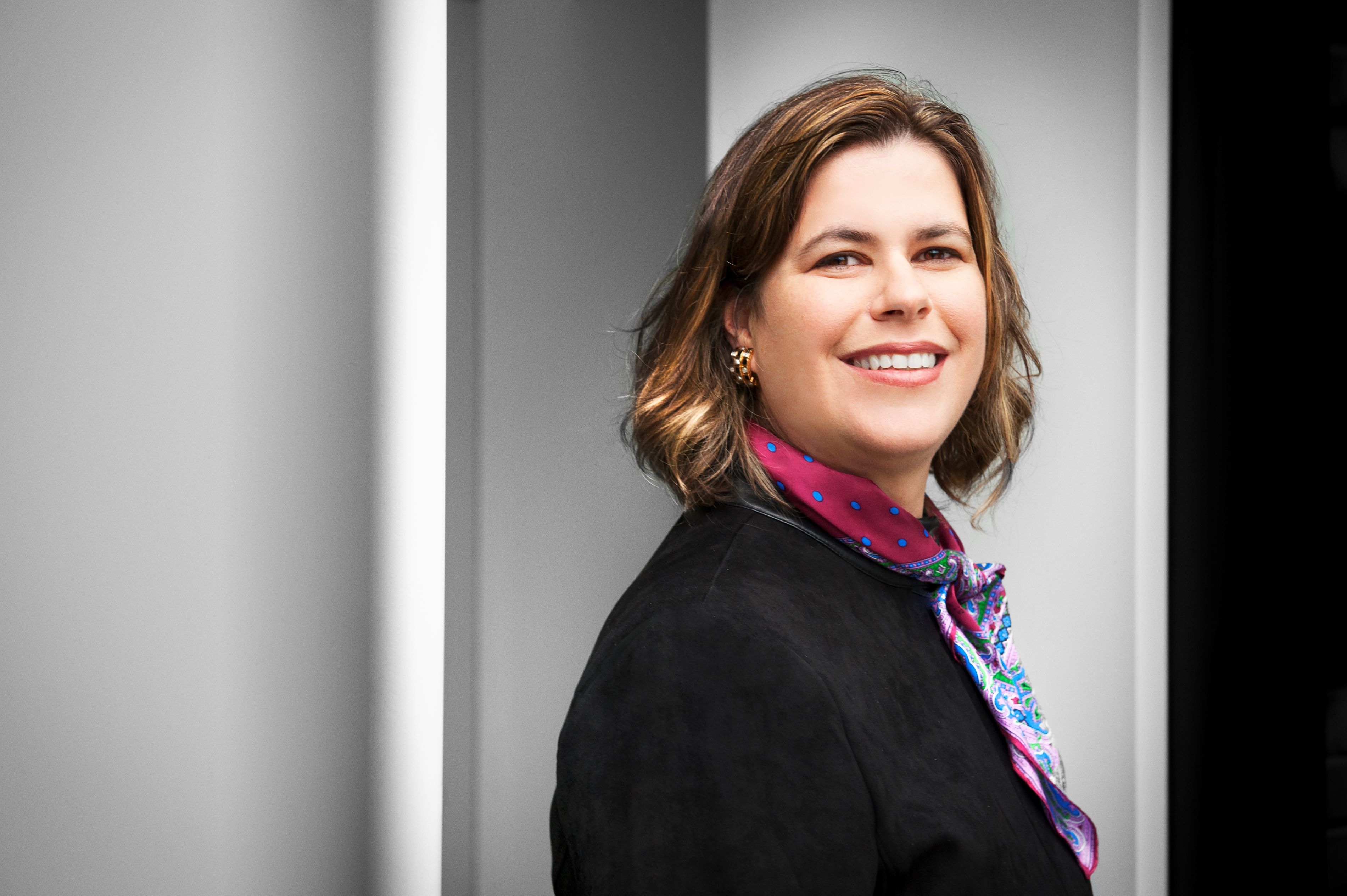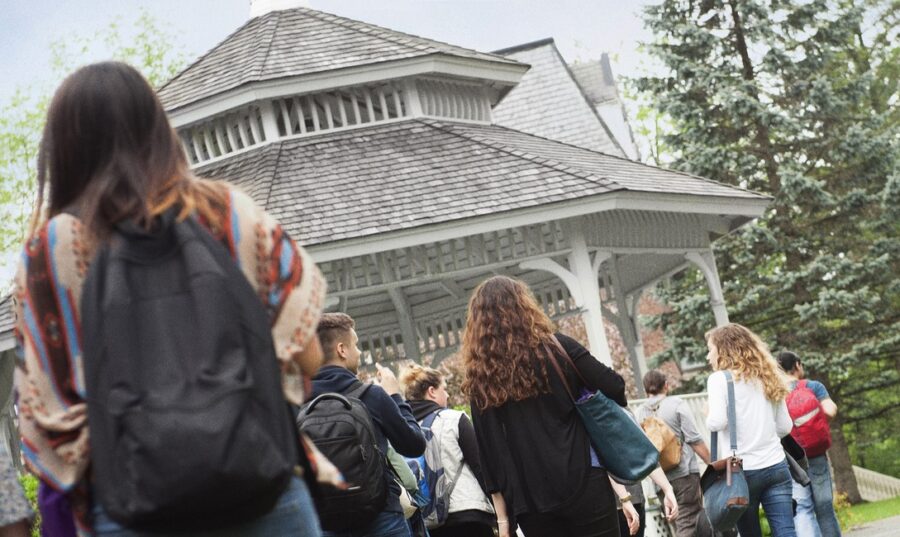Dr. Heather Lawford is a professor in the Psychology department and Canada Research Chair in Youth Development. She also serves as co-director of research for the Center of Excellence for Youth Engagement, an organization that represents and amplifies youth voices.
Her area of research focuses on youth generativity. Her goal is to “build and publish a model and measure of youth generativity,” something that has been done for older groups of people but never with younger persons.
“Generativity” refers to the willingness to put aside one’s personal interests in the goal to leave a legacy, or a concern to provide change and guidance for other generations.
Some may be more generative in their careers, or some people express their generativity in their family. There’s lots of different ways to express generativity, so that might be part of what’s changing as we grow and develop.
Dr. Heather Lawford
Beside the prestige and general benefits of the title, it’s the funding provided to a CRC that makes the biggest difference in Dr. Lawford’s work. The funding allows her to fully immerse herself in her research and gives her more freedom to engage in the community organizations that she works with. She also uses the funds for travel, which enables her to meet with experts across Canada, and around the world. “It’s important, not just for bringing my research program more into the light, but also, I think, for introducing the world to Bishop’s and the kind of research we can do here in a liberal education model, with a primarily undergraduate lab,” Dr. Lawford explains. “Showing the world the power of undergraduate research has been very fulfilling for me.”
Dr. Lawford spends much of her time talking with students in the Community and Youth Lab (CandYLab), as she believes informal spaces are the most important way to hear and understand youth voices. There, students are always encouraged to participate in discussions and one-of-a-kind activities, partner in projects, or even design their own.
Dr. Lawford points out that there is a lot of initiative coming from students, with a disproportional amount of engagement from marginalized and racialized youth. She explains that marginalized youth feel more pressure to create a better world than the one they experienced and are therefore more generative.
She finds that undergraduate students provide unique perspectives – they think outside the box and have discussions that challenge Dr. Lawford to think critically about whether to stay in her box or to meet her student researchers outside it. Those conversations have led her in unexpected directions as an academic and researcher.




